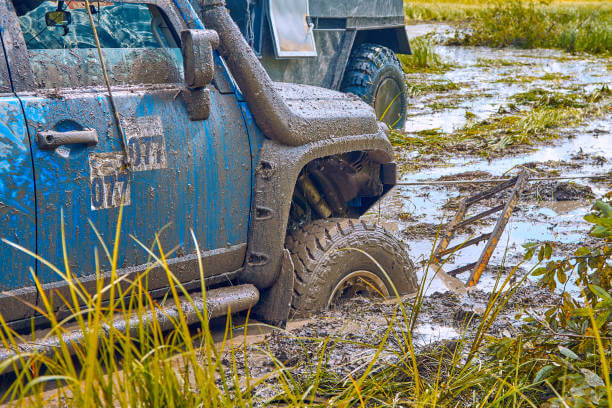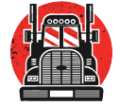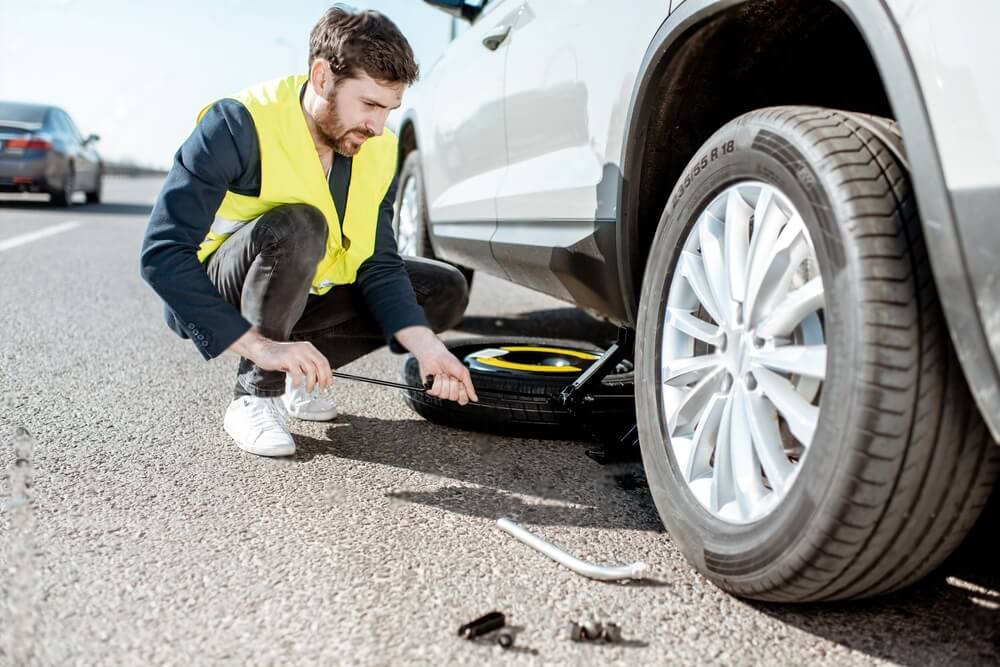As you drive along the road in the middle of your journey, everything looks normal. Your brakes suddenly fail, bringing with it your worst nightmare. It’s important to maintain composure and act decisively in order to protect both your safety and the safety of other drivers, even though panic may strike. It could save your life to know what to do in this scenario. Call Carl & Batterson Towing for fast towing service and emergency roadside assistance.
Steps to Take When Brakes Fail
- Your ability to make wise decisions and respond appropriately will be hampered by panic. Breathe deeply and concentrate on the work at hand.
- Try downshifting to slow down gradually if your brakes fail. In case your gearbox is manual, change into a lower gear. This kind of emergency can be greatly helped by manual transmissions since they provide the driver more control and enable precise gear selection. For automatic transmissions, carefully apply the parking brake (if it’s a separate system from the main brakes) or move into a lower gear to slow down. To prevent skidding or losing control of the car, proceed cautiously when performing these movements.
- When downshifting isn’t enough, apply the emergency brake, sometimes referred to as the handbrake. Press the pedal or carefully pull the emergency brake handle. In this high-stress scenario, automatic transmissions can be helpful because they offer smoother gear transitions than manual transmissions. Use caution when applying it to avoid skidding or spinning out of control.
- Find a safe spot to stop your car by taking stock of your surroundings. Seek out an area where you can safely slow down and stop, such as a soft barrier, side road, or open space.
- Use your hazard lights and horn to warn other vehicles of your situation. This can help avert possible mishaps by alerting them to stay out of your way.
Actions to Avoid in Brake Failure Scenarios
A collision is more likely to occur if you suddenly jerk the steering wheel or slam on the brakes because these actions could cause your car to lose control or fishtail. Moreover, avoid continuously applying the brakes. Older cars without anti-lock braking systems (ABS) may be able to use this technique, but newer cars have ABS, which automatically applies the brakes in an emergency. Pumping the brakes can exacerbate the situation by interfering with the ABS’s ability to function.
What to Do After Brake Failure
Once you’ve stopped safely, call for affordable roadside service using your phone or any other available method. Notify emergency services of your location and the current situation by contacting them. If it’s safe to do so, remain inside your car until assistance comes.
Have a professional mechanic examine your car after the incident to determine the reason behind the brake failure and handle any required repairs. Until it is deemed safe, don’t take a chance behind the wheel again.
After you’re safely out of harm’s way, take some time to think back on the experience. Think back on your actions and the things you could have done differently. Make better use of your newfound knowledge to get ready for any emergencies down the road.
Final Thoughts
Though the possibility of a braking failure is obviously terrifying, keep in mind that being prepared and knowing what to do can really help. The braking system in your car can also help avoid these kinds of situations by getting regular maintenance and inspections. May you always be safe while driving and be ready in case you ever find yourself in this kind of situation.
Are you having brake problems in Reno, Nevada? Call Carl & Batterson Towing if you need professional towing and best roadside assistance. Stay safe on the road!”

CONTACT US
Ready to experience the difference with Carl & Batterson Towing? Contact us today to learn more about our around the clock towing service or car towing from state to state. We look forward to serving you!

